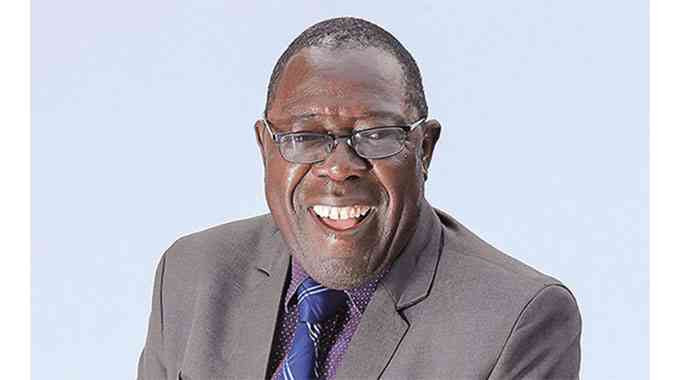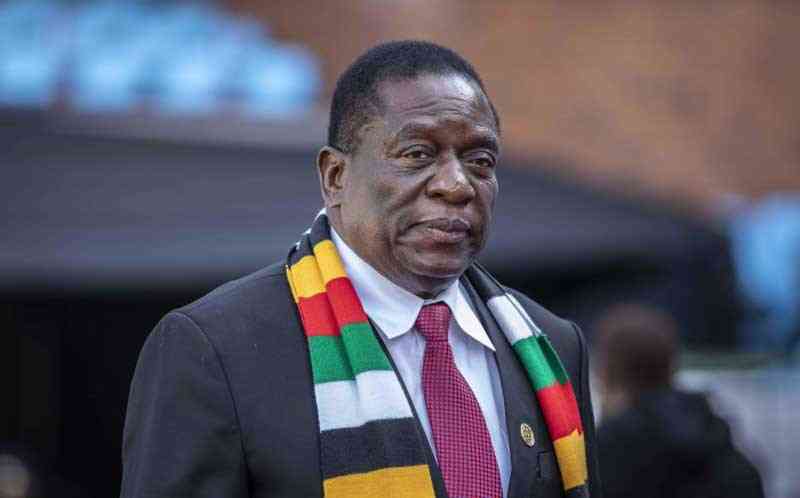PARLIAMENTARIANS are demanding answers on the disappearance of activist Itai Dzamara, saying closure was needed on the case.
Dzamara has been missing since 2015 after he was abducted by five suspected state security agents in broad daylight in Glenview, Harare.
Dzamara, then 35, was a journalist and opposition supporter who spearheaded a pro-democracy movement called “Occupy Africa Unity Square” that was demanding then long-standing president Robert Mugabe to resign.
Citizens Coalition for Change (CCC) Kambuzuma legislator Willias Madzimure on Thursday urged government to bring closure to the Dzamara case by accounting for his whereabouts.
“I just want to remind the minister of Home Affairs (Kazembe Kazembe) because he promised to bring the ministerial statement regarding how they have concluded the investigations on the disappearance of Itai Dzamara,” Madzimure submitted in Parliament.
“The matter must be brought to closure because the family is not sure where the whole matter is and it will be better if he is declared dead so that they do the rituals and the matter is put to rest.
“The minister promised long back and I even asked this past month for him to come and give a ministerial statement but this has not been done.
“Could the minister be reminded to bring that ministerial statement because it is important for the family to know where the state is now and if he is dead, then he is declared dead.”
National Assembly speaker Jacob Mudenda asked CCC vice president Tendai Biti for clarity on when a missing person can be presumed dead.
“It is two years. The duration is not of much importance, but the circumstances,” Biti said in response.
“An application is made and then it is advertised in the Government Gazette.
“The idea being that if he is alive or at a small house, they will say he is there.
“That process needs to be done but it is quite problematic especially in Matabeleland.”
Enforced disappearance of government critics has been an established pattern since post-independence.
The Catholic Commission for Justice and Peace documented enforced disappearances in Matabeleland and Midlands during the Gukurahundi massacres that left nearly 20 000 dead.
Patrick Nabanyama, who was a polling agent for former Education minister David Coltart in the volatile June 2000 parliamentary elections, was allegedly kidnapped by suspected state security agents and war veterans from his Nketa home in Bulawayo.
He was never seen again, and was in August 2010 declared dead by the courts.
In 2008, dozens of opposition and human rights activists were also forcibly kidnapped for weeks in a crackdown.
Last week, African Commission on Human and Peoples Rights launched a Guideline Protection to eradicate the practice of enforced disappearances.
Government is yet to ratify and domesticate the International Convention Against enforced disappearances to ensure the prosecution of perpetrators.
It was signed in 2007.





